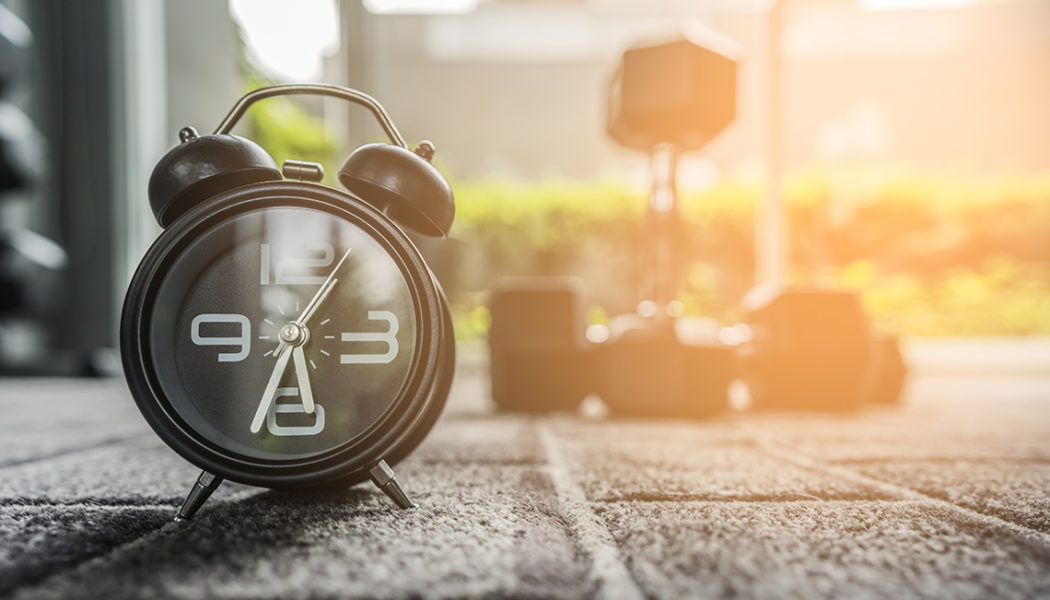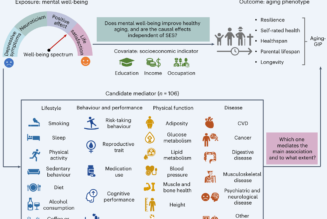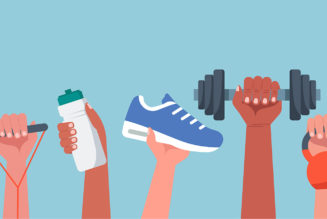
“Some of this data on exercise, timing and diabetes is not set in stone,” Goldberg says. “It’s important for people with diabetes who are engaging in an exercise program to share that with their doctor and have their glucose checked and make sure they’re scheduling regular follow-up visits.”
Low-intensity afternoon and evening workouts can improve sleep
The best time to exercise for better sleep depends on your circadian clock and rhythms. Sleep and wake-up times follow your body’s circadian clock. Circadian rhythms influence when you get sleepy at night. They also play a role in what time you wake up.
The circadian clock resets itself each day, according to the daily cycle of light and dark. But you can reset your circadian clock for better sleep with regular exercise. Still, there’s no one-size-fits-all best time to exercise to reset your circadian clock, according to one study on exercise and circadian rhythm.
The study found that overall, morning exercise caused greater shifts in the circadian clock than evening exercise. But the research also found that your own natural sleep/wake inclination influences, whether you exercise in the morning or evening, are best to reset your circadian clock.
For example, participants who were morning people showed greater shifts in their circadian clock with morning exercise. Yet evening exercise caused delays in resetting their circadian clock. Meanwhile, night owl participants showed advanced shifts with both morning and evening exercise.
Exercise stimulates the circadian clock and allows for better quality sleep because of increased energy spent (burning of calories) and elevated body temperature, says Arciero. “These changes promote an enhanced hormonal environment and eventual lowering of core body temperature that favors better sleep,” he says.
Be careful about adding a heavy strenuous workout late in the day, though. Exercise raises your heart rate and body temperature. That can make it harder to fall asleep.
Lower-intensity endurance or stretching earlier in the afternoon is better for sleep, Arciero says. Avoid intense weight training, resistance training and intervals. Lower-to-moderate-intensity aerobic exercise in the evening can help quiet people down, he says. Mind/body exercises such as yoga are especially good for sleep, he says.
The best time to work out depends on your own best workout time, and also depends on your health, circadian rhythms, hormones and other factors. If you’re exercising to manage diabetes, heart disease and high blood pressure, consult your doctor for the best time to work out. If the hours for “best” workout times aren’t convenient, pick another time. Exercise is beneficial no matter what time of day you do it, Goldberg says.
Is It OK to Work Out on an Empty Stomach?
Working out on an empty stomach may be a “mildly effective” way to lose weight and body fat, says Arciero. But he doesn’t recommend it. That’s because fasting overnight depletes fuel and energy stores of carbohydrates, says Arciero. That leaves mainly your fat stores to be burned.
When energy stores deplete, your body burns both fat and muscle tissue.
“So, while you may be accelerating fat burning during fasted exercise, you are also breaking down and losing more healthy lean body mass (muscle tissue),” says Arciero.
Working out on an empty stomach can also lower how many calories you burn.
“Your body’s metabolism compensates by adjusting to a lower level of calorie burning during the exercise and over time may simply recalibrate to a lower metabolism all the time,” says Arciero.
If you’re going to work out on an empty stomach, Arciero recommends the following steps to maximize fat burning while keeping adequate hydration and muscle function. Following these guidelines can also minimize the loss of lean muscle mass and the lowering of your metabolism, he says.
- Aim for a maximum of 60 minutes per session at intensity level six or seven (on a scale of 1 to 10).
- Work out on an empty stomach no more than one time per week for no more than four weeks at a time.
- Make sure to replenish, refuel and rehydrate with electrolytes (sodium, potassium, magnesium, chloride, calcium) during and after, along with 20 to 40 g of high-quality protein within two hours of finishing the workout.









